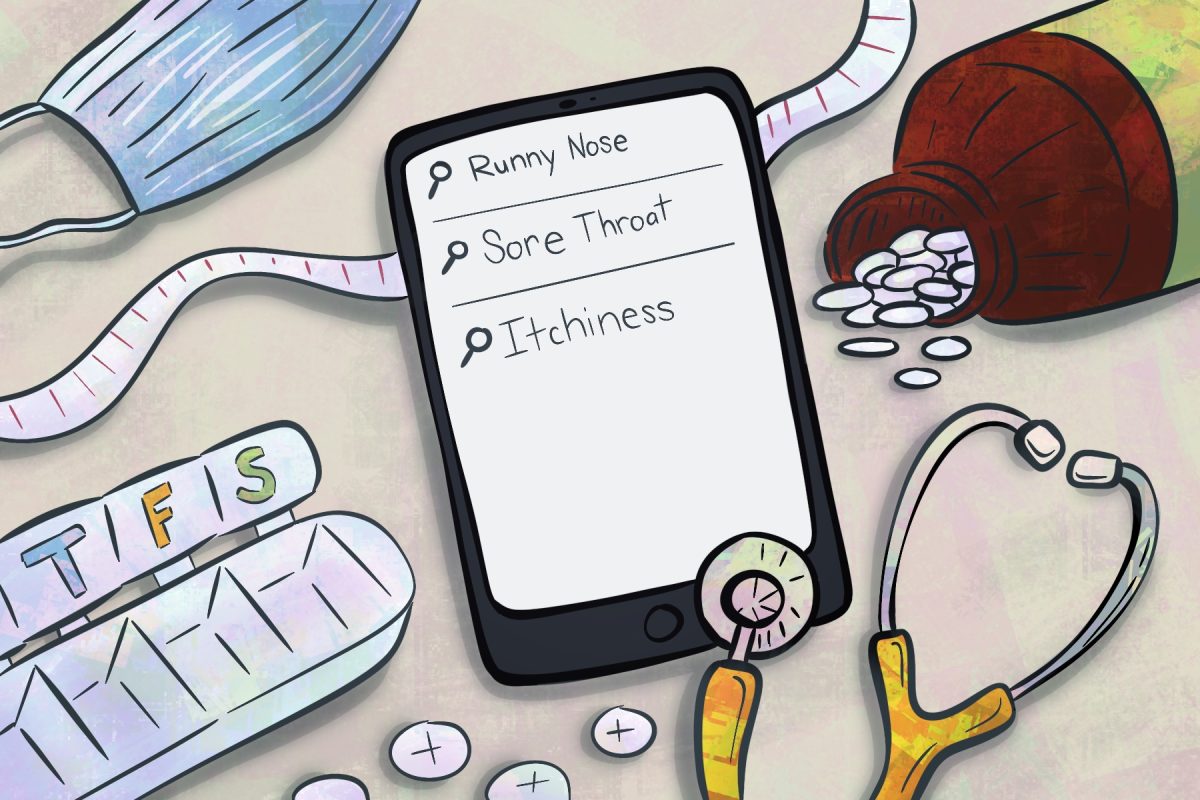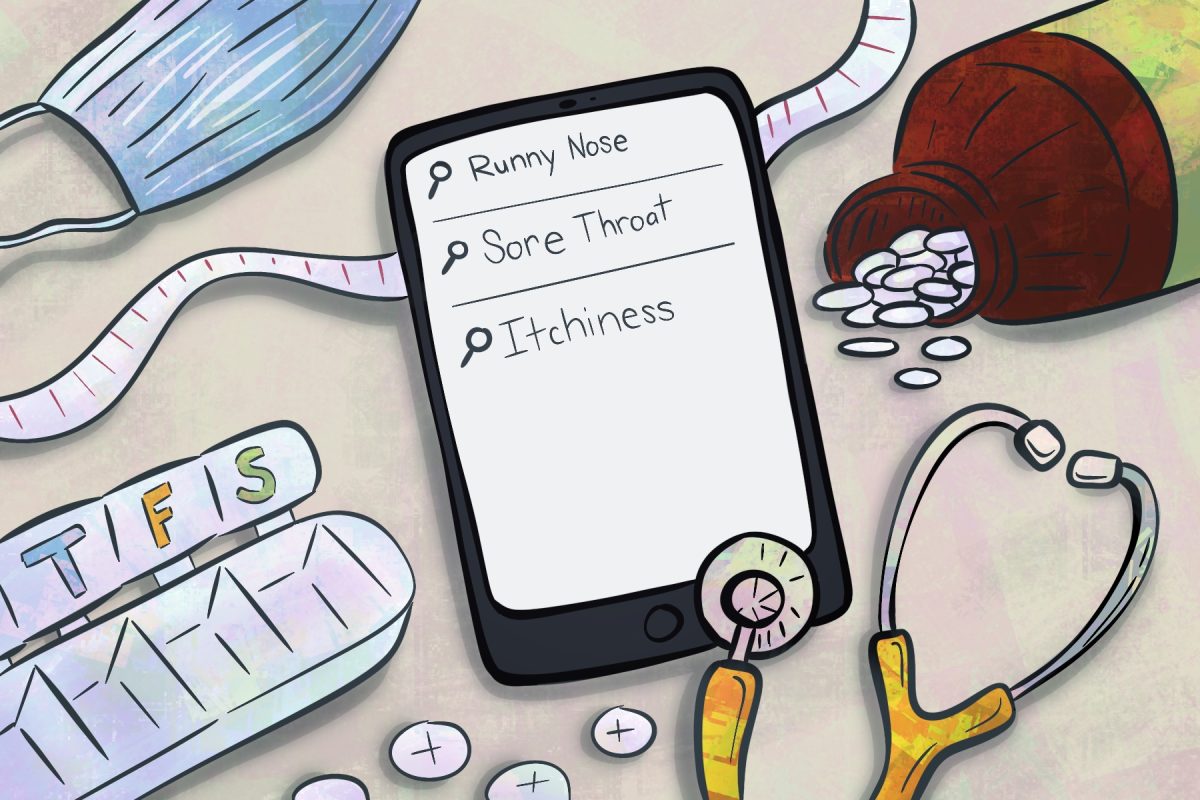Austin Gaddis’s Sept. 15 op-ed piece on the liberal war against fiscal responsibility, jobs, and soda troubled me because of its obvious bias. It is not the conservative bias with which I take issue — arguing for your opinion is, after all, the point of an editorial.
What startled me so much was Mr. Gaddis’s overwhelming bias against facts. I have taken the liberty of highlighting his arguments’ inaccuracies so that The Crimson White’s readership may develop an informed opinion on the subjects the article in question explored.
First, while the economic stimulus of 2009 may not have been universally popular, the data undergirding its success in moderating the effects of the recession on unemployment is unequivocal. The Congressional Budget Office estimates that the stimulus created or saved between 1.3 and 3.6 million jobs, Moody’s Corp. estimates that it created or saved 2.5 million jobs, Macroeconomic Advisers approximates it created or saved 2.3 million jobs, and PolitiFact always rates any argument claiming the stimulus didn’t create jobs with a “Pants on Fire.” So sorry, Mr. Gaddis, but your characterization of the stimulus as a failure at job creation is incorrect.
Second, Mr. Gaddis attempts to cast doubt on the fact that sugary soft drinks can cause weight gain. He claims the science behind this notion is “shady, at best” and quotes a “nutritionist” who dismissed the idea of sugar being stored as fat as absurd. It doesn’t take a biology major to realize this is untrue, and a quick search yielded mountains of peer-reviewed articles proclaiming soda intake is a significant predictor for obesity and weight gain.
Considering the negative effects of excessive soft drink consumption and its ubiquity, why would Mr. Gaddis attempt to portray the use of taxpayer funds to curb this epidemic as villainous?
Here are some actual facts in which Mr. Gaddis may be interested: the CDC’s campaign to combat the obesity epidemic was funded by $230 million tax dollars. This represents such a small portion of our country’s expenditures last year that its percentage of the budget must be expressed in scientific notation.
We may be funding this, but in all likelihood the wallets of average Americans don’t even feel it. One thing we all could feel, however, is the lower health insurance costs that could potentially result from the CDC’s program. It is no secret that with obesity comes significantly increased risk for diabetes, heart disease, and many other costly ailments.
If this enterprise is even a little successful and obesity rates slow, everyone (even you, Mr. Gaddis) might reap the benefits of lower health insurance costs brought about by a healthier, less obese population.
We set dangerous precedents for the integrity of news when journalists can fly in the face of evidence and facts to spout opinions that are clearly ill formed. I would encourage the CW’s editorial staff to embrace the ease of access to information our generation has been lucky enough to enjoy and buttress their opinions with some respectable sources.
And no, Mr. Gaddis, FOX News doesn’t count.
Justin Bond is a junior majoring in electrical engineering and physics.








